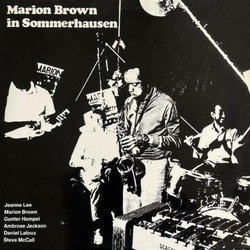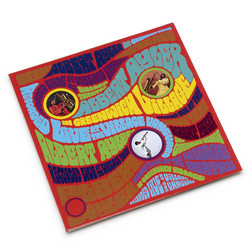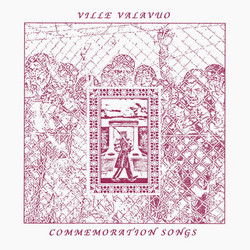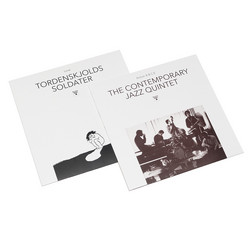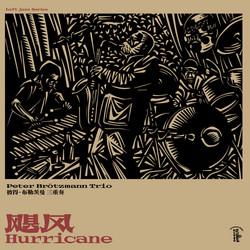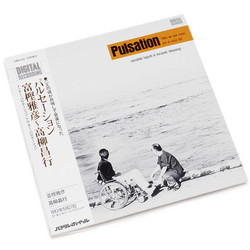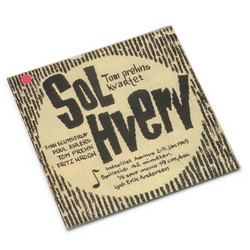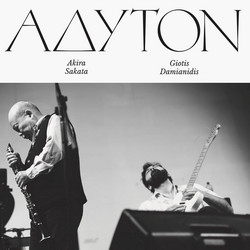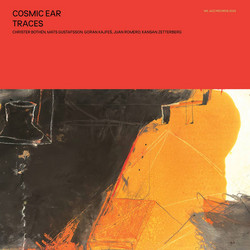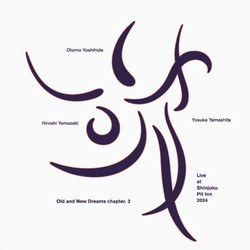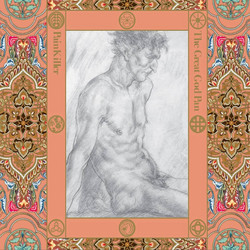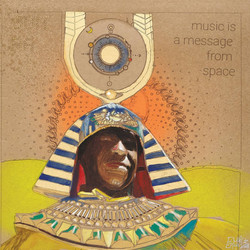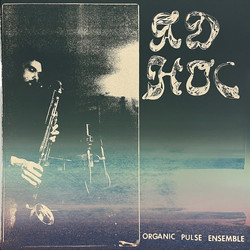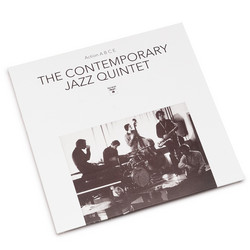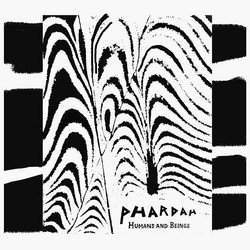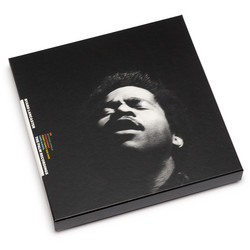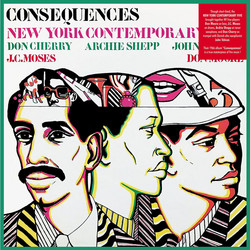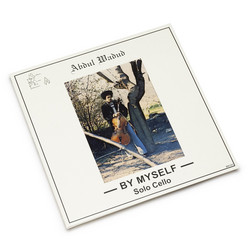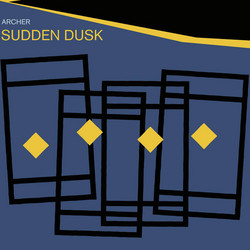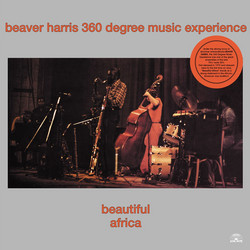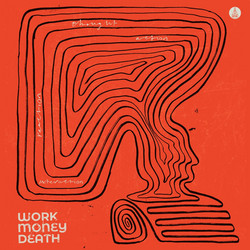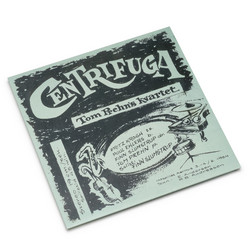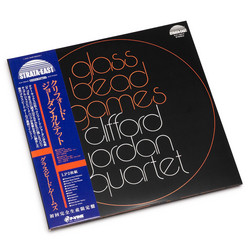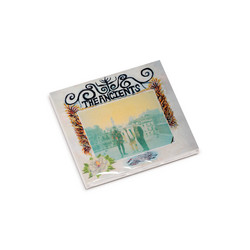Chicago-based innovator and educator Isaiah Collier is opening up new dimensions in the jazzwise continuum. A saxophonist by trade whose multi-instrumental talents and compositional prowess have stretched the limits of the form, Parallel Universe represents a new chapter in Collier’s musical journey. Having already performed with a diverse range of musicians such as Chance The Rapper, Waddada Leo Smith, Chicago jazz royalty Angel Bat Dawid and his own band The Chosen Few, Collier’s latest work as a bandleader explores the shared musical heritage of the African diaspora with a sense of grace and assurance that belies his years. Embracing the risk and vulnerability that comes with the live process, Collier and his band tapped into the frequencies of improvisation that fired up so many of the most timeless jazz recordings. “Recording direct-to-disc gave me a really fortunate opportunity to experience what our musical predecessors almost a hundred years ago were dealing with,” he explains.
Name-checking Sun Ra, Ras G, J Dilla, Fela Kuti, Miles Davis, Gil Scott-Heron, Whitney Huston, Aaliyah and Frankie Knuckles, the opening track of Parallel Universe imagines a genreless musical lineage that resonates with the polyphony of stories his band bring to the table, from Chicago and beyond. Featuring gospel soul singer Jimetta Rose, AACM and former Art Ensemble of Chicago trumpet player Corey Wilkes, blues-rooted guitarist Michael Damani, regular collaborators Julian Davis Reid, James Russell Sims and Micah Collier, the 8-track album bristles with a sense of love and understanding between players at the top of their game.
Nowhere is this more evident than on the album’s 13-minute centrepiece, ‘Village Song’, in which Collier evokes the spiritual, psychological and emotional home of the African diaspora in song. “I want to speak to everybody of the African diaspora, truly in its entirety,” he explains, “from all the way of being back in the motherland, to the new lands we’ve come to.” Rooted in the percussion of Sonny Daze and the kalimba of Radius, ‘Village Song’ is a joyous and affirmative celebration of that unity. Picking up the flute, Collier explains, was also a part of that narrative: “The saxophone was not made in Africa so the concept of going back into the village we have to go back to our village instruments and dialect.”
With vocals sung in Yoruba - inspired by a gift from legendary saxophonist Kenny Garrett - ‘Village Song’ soars between rhythms and references, from Afro-Cuban syncopation to the deep triplet swing of mid-‘60s Coltrane. Laying the foundations for the album as a whole, the result is truly exhilarating
